Feeble monetary policy against challenges
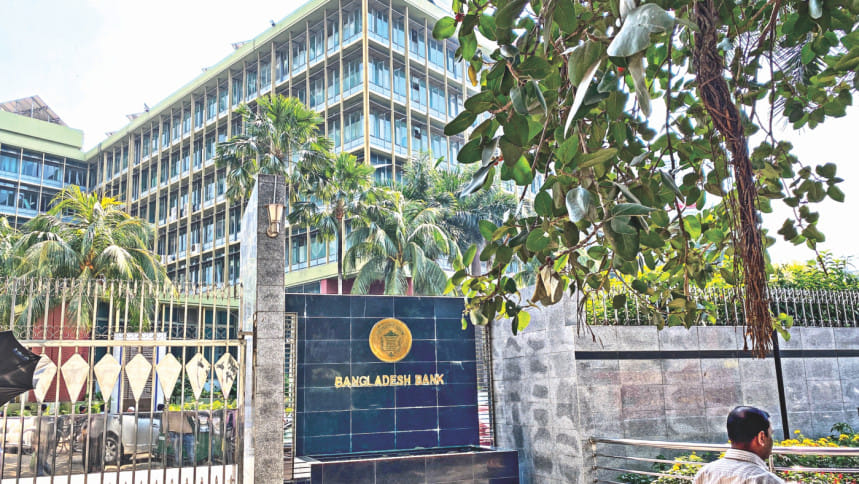
There are serious shortages of positives. Save for the hike in the interest rate on consumer loans, there are hardly any measures to tackle inflation. Instead of containing price instability, it can fuel inflation.
Bangladesh Bank yesterday unveiled a wishy-washy monetary policy for the next six months that will prove to be ineffective in tackling the headwinds passing through the economy.
As part of its cautiously accommodative monetary policy, BB has raised its policy rates by 25 basis points -- a move that it hopes will contain inflationary and exchange rate pressures, support desired economic growth, and ensure the necessary flow of funds to the economy's productive and employment-generating activities.
The policy rate is the interest rate at which the central bank is willing to lend money to commercial banks. Through it, the central bank influences short-term interest rates and the money supply in the economy.
Typically, the central bank raises the policy rate to prevent the economy from overheating and ward off hyperinflation.
With the average inflation rate in the past six months coming to 7.7 per cent in December, up from 5.54 per cent a year earlier, now is certainly the time to unleash a contractionary monetary policy.
But the mechanism through which this policy works is broken in Bangladesh thanks to the interest rate cap on all loans save for consumer loan products.
Because loans to central banks are more expensive, commercial banks then raise the interest rates they charge to debtors.
An increase in bank interest rates weakens the demand of households and businesses for goods and services, especially those financed by loans. Weakening aggregate demand forces producers to cut output and reduce their labour. As a result, economic growth contracts, inflation becomes more moderate and unemployment rises.
In the monetary policy, BB relaxed the interest rate for consumer credit to vary up to 3 percentage points along with the complete removal of the deposit floor rate. This mean, the interest rate on consumer loans can go up to 12 per cent.
The repo rate, which is the rate at which commercial banks borrow money by selling their securities to the central bank to maintain liquidity, has been increased to 6 per cent from 5.75 per cent.
The reverse repo rate, which is the rate at which the central bank borrows money from commercial banks by buying their securities, has also been raised to 4.25 per cent from 4 per cent as part of the current policy state.
The near-term economic outlook seems quite stable, critically depending on three external issues: the length and intensity of the Ukraine war, the spree of interest rate hikes by the Fed and the re-emergence of Covid-19 in China, BB said in its monetary policy statement.
"Improvements in these challenges will expedite Bangladesh's future economic gains. However, in case of any adverse consequences of the above external issues, the Bangladesh economy has enough resilience to remain insulated in its current condition," it added.
Economists remain sceptical of the BB's monetary policy's efficacy.
"You can't pass the blame to external factors because you didn't take any measures to address the situation," said Ahsan H Mansur, executive director of the Policy Research Institute.
There are "serious shortages of positives", said Zahid Hussain, a former lead economist of the World Bank's Dhaka office.
Save for the hike in the interest rate on consumer loans, there are hardly any measures to tackle inflation.
There are no immediate measures to alleviate the dollar crisis, he said.
"BB did nothing."
If the dollar and fuel shortage continues, producers would not be able to import raw materials, capital machinery and fertilisers, so the many refinance schemes intended to expand the farm and industrial output will end up fanning inflationary fires.
Besides, the government's deficit financing so far is being managed from the central bank's own coffers.
"This is basically printing money. This fresh money will fuel inflation," Hussain added.
So with the interest rate caps on, the policy rate hike is pointless, said Mansur, a former economist of the International Monetary Fund.
If the interest rate cap is not withdrawn, dollar inflows are unlikely to pick up as the returns elsewhere are more attractive.
"It will not be possible to fix the dollar crisis with this monetary policy. BB will have to print money to manage the situation. This will fuel inflation," said Mansur, also the chairman of Brac Bank.
BB Governor Abdur Rouf Talukder said the central bank is taking necessary measures to gradually move towards a market-based, flexible and unified exchange rate regime (within a 2 per cent variation) by the end of this fiscal year.
The central bank is waiting for the opportune moment to raise the interest rate cap.
"If we withdraw it now, it can go up to 18 per cent."

 For all latest news, follow The Daily Star's Google News channel.
For all latest news, follow The Daily Star's Google News channel. 

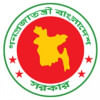
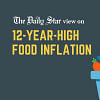

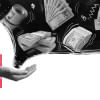
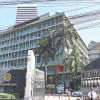


Comments